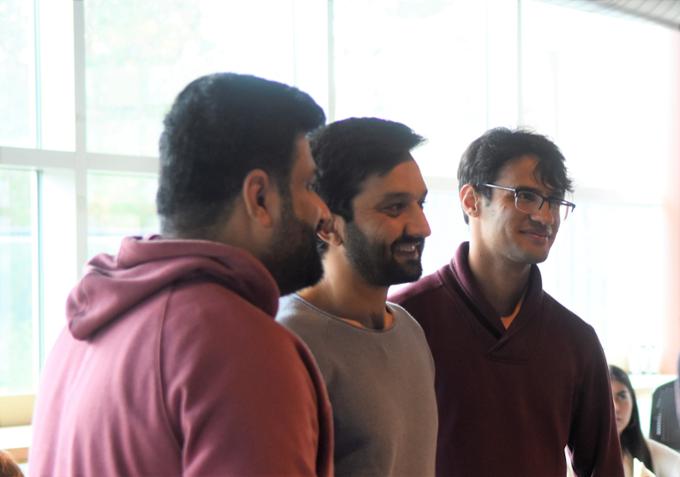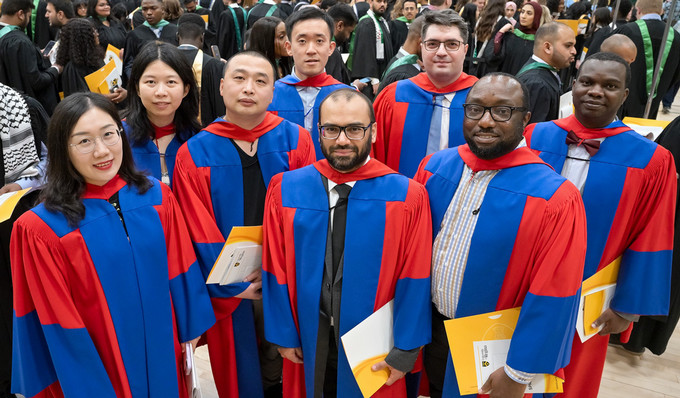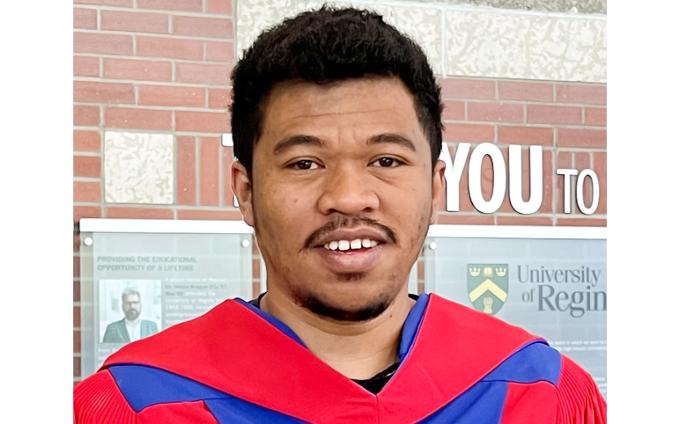
Graduate Studies and Research
Changing the World, Together
The University of Regina has a long history of producing successful graduates. Our grads are creators, innovators, problem solvers and big thinkers.
We are proud of our innovative programs for professional and academic careers. We offer more than 50 Master’s, 20 Doctoral and 13 graduate certificate programs. We currently lead Canadian comprehensive universities in research impact and international research collaboration, and we’ve emerged as a centre of excellence on a number of research fronts.
Graduate students enjoy great access to professors and opportunities for one-on-one mentorship. Combine that with an exceptional collection of student support services and you find a great environment to pursue your graduate work.
Our holistic approach to graduate education through offers student-centred experiences in an academically nurturing environment that prioritizes: professional skills development, inclusive programming, experiential opportunities and global engagement.
You can check out FGSR's highlights over the past year in our Journey magazine.
Student Hub
Scholarship and Funding Opportunities
With over 10 million dollars in scholarships awarded to our students every year, the U of R is ready to support you in financing your graduate education. Minimum guaranteed funding for PhD students began in Fall 2025.
URGradExperience
FGSR provides numerous professional development opportunities, chances to network with other students and events that allow students to showcase their hard work.
Join Us!
Share Your Research - Research Week 2025
Research Week 2025 takes place from October 27-31, 2025 with the UR Taste of Research happening November 5th. We celebrate the vibrant graduate students and research community on campus. The week featured a range of events, including panel discussions and student research showcases, offering opportunities for undergraduate and graduate students, researchers, and industry partners to connect and collaborate. Organized by the Faculty of Graduate Studies and Research, GATE, the Faculty of Education, and the VPR Office, Research Week 2025 highlights the innovative work being done across disciplines.
Visit the Research Week for all program information and to register for the events!








